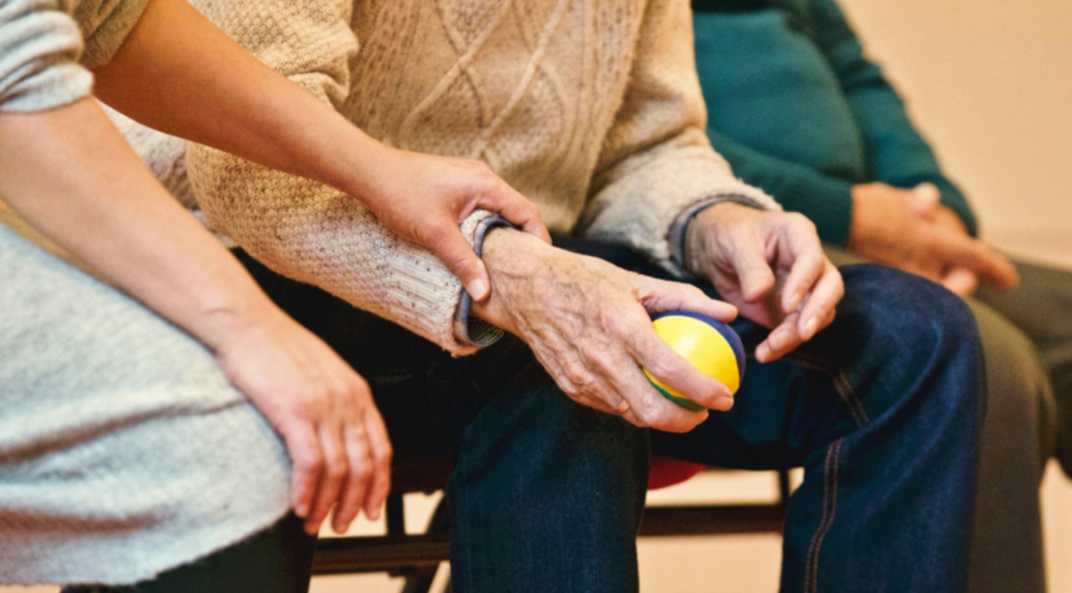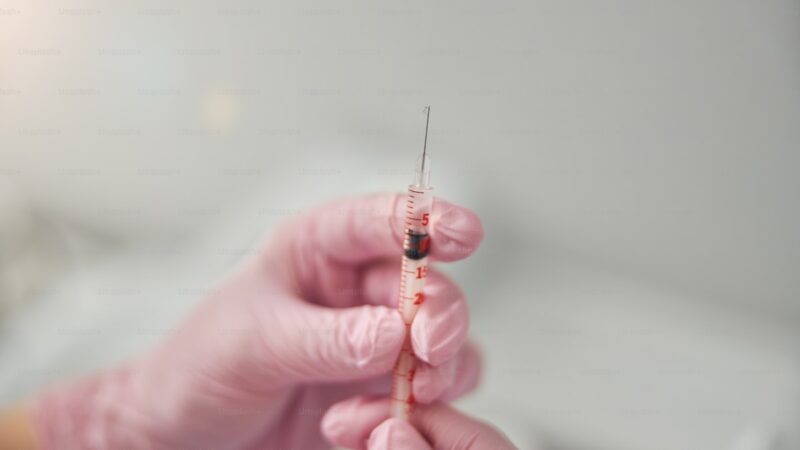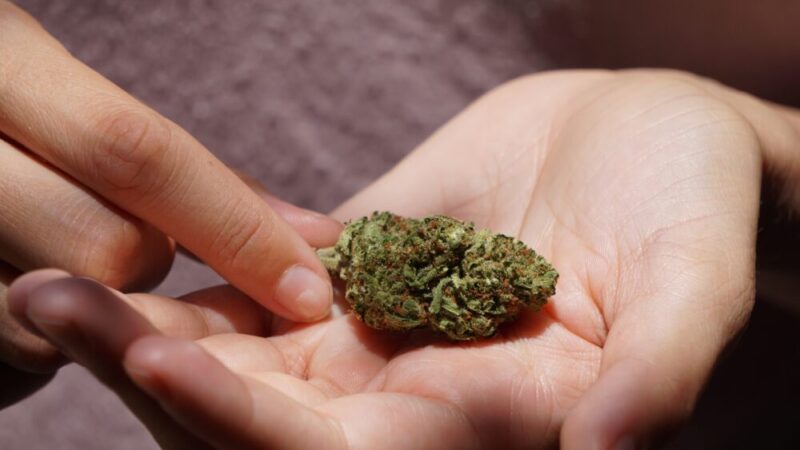The Importance of Sleep During Alcohol Rehab

When you’re trying to recover from alcohol addiction, it’s important to have all the tools and resources you need in order to achieve true sobriety and not fall back into your old habits. One of these essential tools is enough sleep. Alcoholism can be stressful, and if you’re not well-rested, you won’t be able to deal with this stress as well or make wise decisions about your health and wellbeing.
Why Does Stress Affect Recovery?
Stress during recovery often manifests itself in an urge to relapse to avoid dealing with it. Take a moment to understand that you may not be able to immediately resolve whatever’s causing you stress, but if you take a step back and think about it, there are probably other ways you can cope or address your issues that don’t involve drinking or using drugs. You should also remember that depression is an addiction just like alcohol and drugs are, so make sure your alcohol rehab program takes depression into account as well.
How Is Insufficient Sleep Sabotaging Your Recovery?
Lack of sleep can make you hungrier. Research shows that when you’re tired, your blood sugar levels rise and your body pumps out more insulin in an attempt to keep blood sugar levels steady. Insulin puts a damper on hunger, so if it’s present in high amounts, it may make you feel full faster. As a result, people who don’t get enough sleep are likely to eat more snacks than those who aren’t getting enough shut-eye.
Why Do You Need Plenty of Quality Sleep While Abstaining From Alcohol?
Alcohol helps you to fall asleep and stay asleep, but once you’re sober, alcohol’s natural depressant effects reverse themselves and it takes extra effort for you to get good sleep. Your body has to acclimate itself back into a healthy sleep pattern after using alcohol as a crutch, so don’t underestimate how long it may take for your body to return to normalcy during your sobriety.
Easy Ways to Get Good Sleep During Rehab
It is easy to overlook how much your sleep patterns can affect your ability to recover. In order to get a good night’s rest, try avoiding caffeine and exercising two hours before bedtime. You should also develop good sleeping habits at an early age, such as keeping a regular bedtime schedule every day of the week, removing all distractions from your bedroom, and establishing a relaxing pre-sleep routine. Keep these factors in mind during rehab treatment so you can get better sleep every night!
Tips on Getting a Better Night’s Rest Before Starting Treatment
It’s important to have a good night’s rest before starting any kind of treatment for alcoholism. After a long period of excessive drinking, your sleep patterns can be off-kilter—for example, you may fall asleep easily but wake up throughout the night. If that’s true for you, it is crucial to fix your sleep cycle in advance so you can keep your body on schedule and fall asleep at a reasonable hour during your first few nights at rehab.
How Can I Guarantee That I Will Get Enough Quality Sleep at My Next Rehab?
The importance of getting enough sleep during alcohol rehab cannot be overstated. This is a time for rest and relaxation, not for staying up all night, watching TV or reading books. If you’re serious about improving your life, don’t ignore what doctors and counsellors tell you—get plenty of sleep every night.







